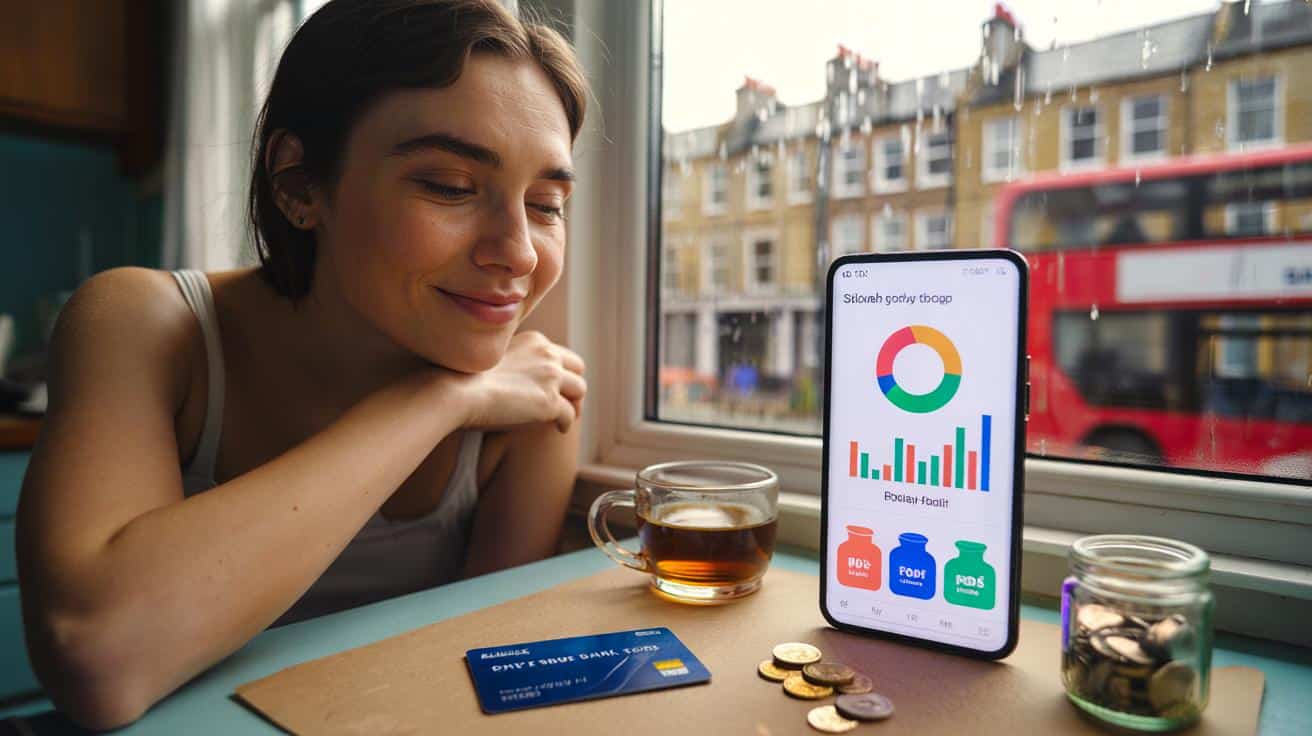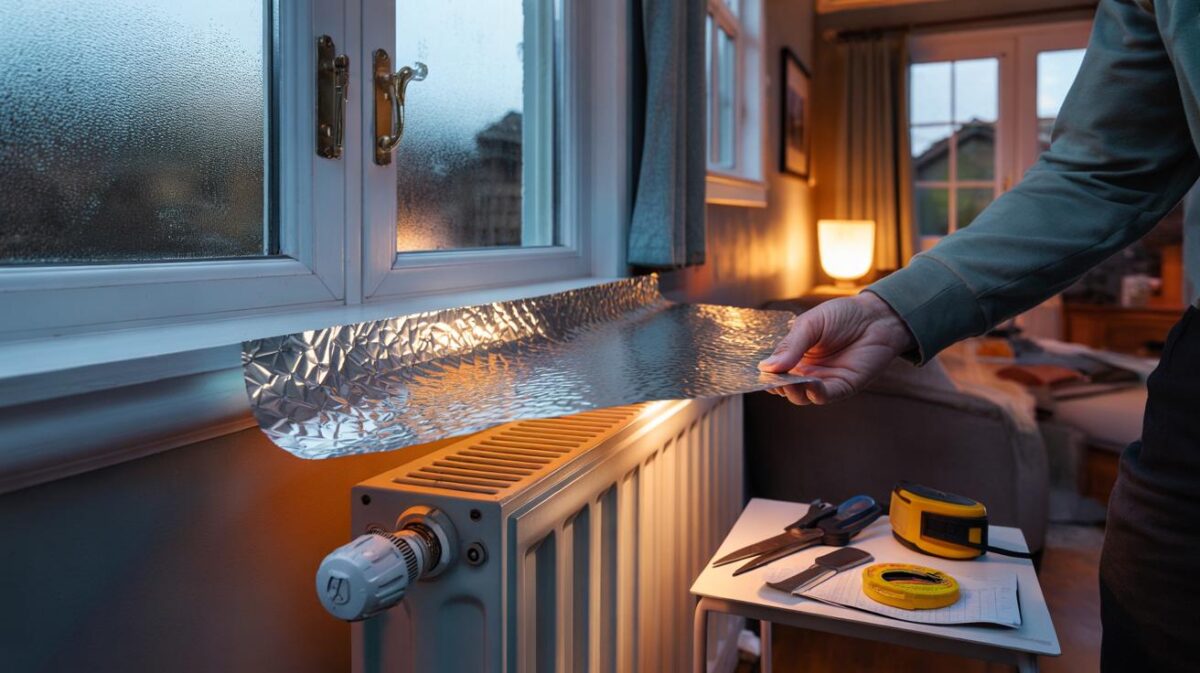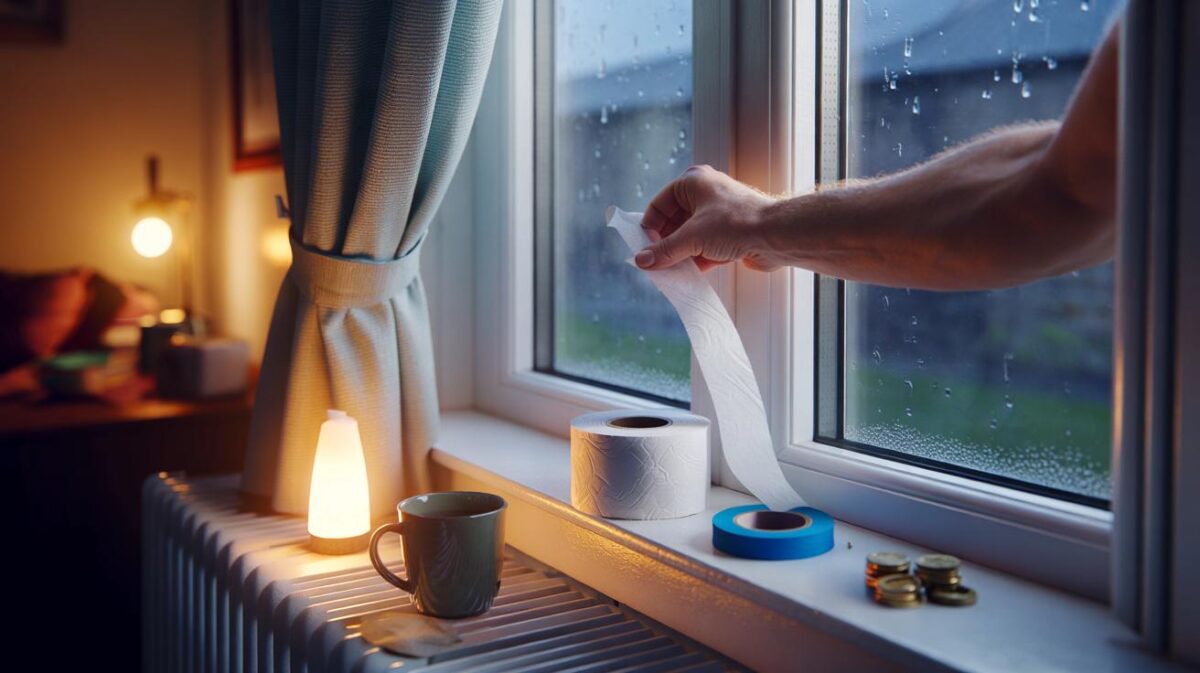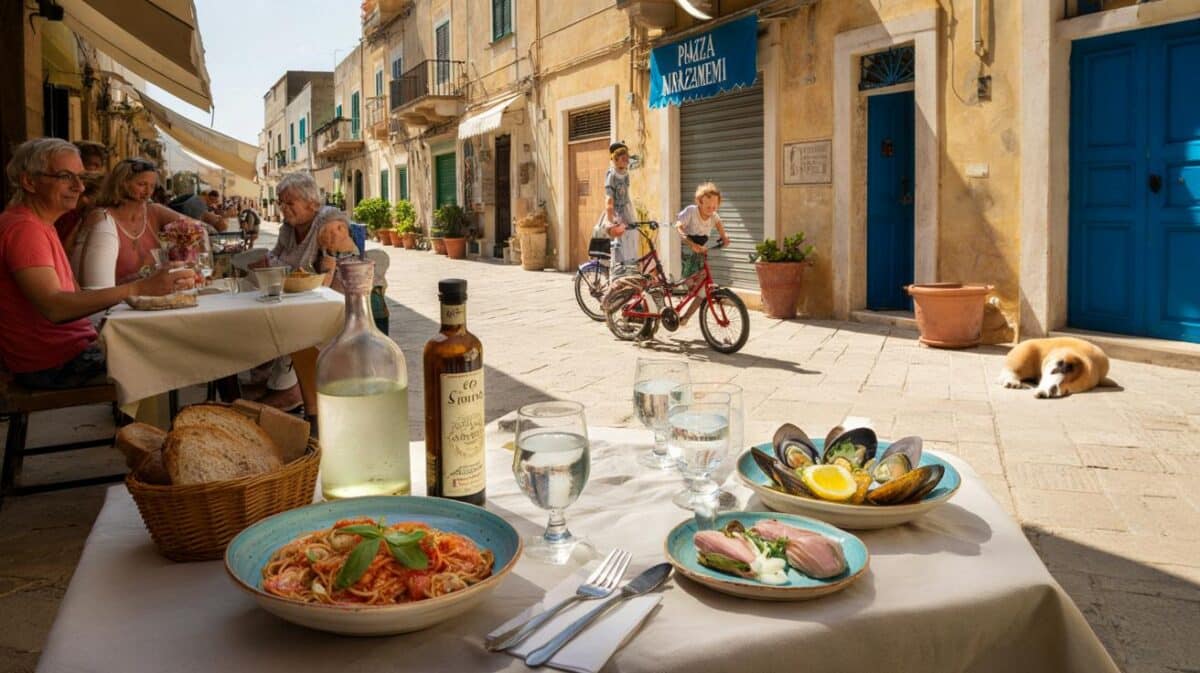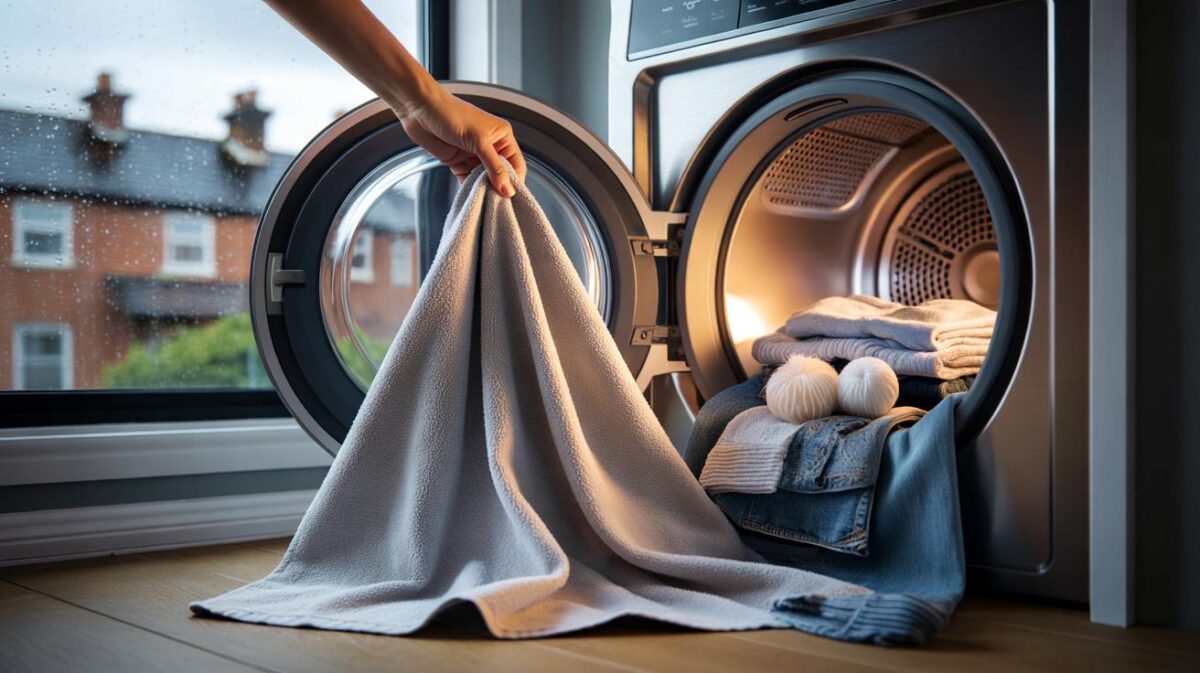Across the UK, people who link a free spending app to their bank accounts are discovering something odd: when you can see every pound, it starts to feel like you’ve had a pay rise — even when your salary hasn’t moved an inch.
A simple ring chart, a few colour bars, a calm little prompt: “You’ve got £38 left for the week.” Her shoulders dropped. *The relief on her face was quiet but unmistakable.*
She tapped into Groceries. A few meal deals, a late-night takeaway, the big shop. The numbers added up to something human and boring — and yet the feeling was electric. “It’s like I’ve found money I didn’t know I had,” she said, tucking the phone away. The weird part? Nothing about her salary changed.
Why a no-cost budgeting app can feel like found money
When prices creep and pay packets stall, clarity starts to feel like cash. A free app that categorises spending turns the floating fog of “Where did it all go?” into solid ground. Your contactless taps become lines you can read.
You stop guessing. You start steering. **For many, it feels like a pay rise every month.**
Take James in Bristol, who once shrugged at his overdraft like a British winter — miserable, but inevitable. He connected his accounts one Sunday. By Friday he’d cancelled two “free trials” that had slipped into paid limbo and switched his daily coffee habit to three times a week. That single nudge saved him £64 in seven days.
He didn’t move house. He didn’t change jobs. He just noticed the leaks and turned the taps. Next month: £112 kept. Three months later: £347 that used to vanish into the ether. Small acts, big echo.
This shift has less to do with maths and more to do with attention. When the app gives instant feedback — a gentle buzz, a pie slice shrinking — your brain treats spending like a game you can win. You see cause and effect, fast. That’s addictive in the good way.
There’s also the “future-you” trick. When you name a pot “Cornwall in June” or “Mum’s 60th”, it stops being abstract. You defend it. **You don’t need a spreadsheet to start.**
How to make it feel like a pay rise (without living like a monk)
Start with a 20‑minute set-up. Link your current account and main card through secure Open Banking. Let the app categorise the last 90 days. Rename any weird categories so they sound like your life — “Nights out”, “Lunch at work”, “Commute”.
Then create a weekly limit for non-essentials. Not a punishment. A boundary. Pick an alert threshold (say, 70%) so you get a polite nudge before you smash it. And use a “no-judgement week” where you just watch. That baseline is gold.
Next, build two or three pots. Think “Bills” (the boring stuff), “Living” (food, transport, small joys), and one goal you actually care about. Auto-move £10–£20 into the goal pot every payday. Round-ups help too — those pennies will surprise you after a month.
Overdoing it is the easiest mistake. People set monkish budgets and then feel awful by Thursday. Start higher than you think, then trim. Quick wins beat perfect plans.
We’ve all had that moment when the card beeps and you swear this one little thing won’t matter. Multiply it by 20 in a month and there’s your magic trick revealed. **Small changes stack into startling sums.**
Let the app do the remembering. Log cash spends the same day. Tag shared costs with your partner so “Who owes who?” stops being a Sunday argument. And if you blow the budget? You’re human. Nudge next week’s limit, don’t bin the whole system. Let’s be honest: nobody does this every day.
Here’s the line that kept coming up as I spoke to people using these tools:
“I didn’t get a raise. I just stopped paying for things I didn’t actually want. It feels like someone added £150 to my payslip.”
- Pick one day a week to review — 10 minutes, headphones in, kettle on.
- Rename subscriptions with the true story: “Gym I Avoid”, “Streaming I Never Watch”.
- Park money for expensive months (council tax breaks, Christmas) in a separate pot.
- Set a tiny “emergency joy” allowance so you don’t rebel.
- Use location nudges: when you hit the station, get a reminder to top up your “Travel” pot.
What changes when the numbers finally speak
People don’t become different overnight. They just see. The app adds a layer of honesty that your bank balance never gave you, and the honesty makes you kinder to your future self.
The reward isn’t only pounds saved. It’s the absence of dread on the 27th. It’s spotting that your “everyday” is £8 more expensive on Deliveroo than in the pan. It’s realising a pay rise might start with a tap you already make — the one that opens your phone.
| Point clé | Détail | Intérêt pour le lecteur |
|---|---|---|
| Visibility = power | Automatic categorisation turns taps into trends | Know where money goes, change what matters |
| Simple rules win | Weekly cap, alert at 70%, three pots | Easy structure, fewer slip-ups |
| Habit > heroics | 10-minute weekly review, small tweaks | Results stick without burnout |
FAQ :
- Is the app really free?Most budgeting apps offer a solid free tier. Premium adds extras like advanced analytics, but you don’t need it to feel the “pay rise”.
- Will connecting my bank be safe?Apps that use regulated Open Banking never see or store your login details. You grant read-only access and can revoke it anytime in your bank settings.
- What if my income is irregular?Work with a monthly “base pay” that you know will arrive. Funnel anything above that into a “buffer” pot first, then pay yourself a weekly amount from it.
- Do I need to track every coffee?Let the app auto-track card spends and add cash in quick notes. If you forget one, move on. Progress beats perfection.
- Which category rules should I use?Keep it simple: Bills, Living, Goals. Split “Living” into Groceries, Transport, Eating Out if you want detail. The fewer buckets, the clearer the picture.

